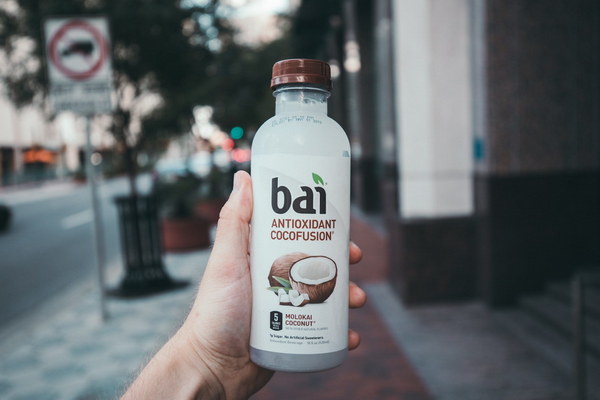Postpartum Health A Comprehensive Guide to Body Recovery and Wellbeing
Introduction:
Becoming a mother is a transformative journey, but it also brings about significant changes to the body. Postpartum recovery is a critical period where the body heals and adapts to its new role. This article provides a comprehensive guide to postpartum body recovery, offering tips and advice to ensure a smooth transition into motherhood.
1. Understanding the Postpartum Period:
The postpartum period typically spans from the time of childbirth to about six weeks post-delivery. During this time, the body undergoes numerous physiological changes as it repairs itself and prepares for breastfeeding and motherhood. It's important to understand these changes to effectively care for your body during this delicate phase.
2. Rest and Relaxation:
One of the most crucial aspects of postpartum recovery is adequate rest. Your body needs time to heal, and this means getting plenty of sleep and avoiding overexertion. New mothers should aim for at least 7-9 hours of sleep per night and take short naps when possible.
3. Nutrition and Hydration:
A well-balanced diet is essential for postpartum recovery. Focus on consuming a variety of nutrients that support tissue repair, such as protein, iron, calcium, and omega-3 fatty acids. Include plenty of fruits, vegetables, whole grains, and lean proteins in your meals. Additionally, staying hydrated by drinking plenty of water is vital for healing and maintaining milk supply if you are breastfeeding.
4. Gentle Exercise:
While it's important to rest, gentle exercise can aid in postpartum recovery by improving circulation, reducing swelling, and boosting mood. Low-impact activities such as walking, prenatal yoga, or postpartum-specific exercises can be beneficial. Always consult with your healthcare provider before beginning any exercise routine.
5. Pelvic Floor Exercises:
The pelvic floor muscles are vital for urinary and fecal continence. Engaging in pelvic floor exercises, also known as Kegels, can help strengthen these muscles, reducing the risk of incontinence. Start these exercises as soon as you feel comfortable, typically around 6-8 weeks postpartum.
6. Managing Discomfort:
Postpartum discomfort is common, and it's essential to manage it effectively. Use a heating pad to soothe abdominal pain, and consider taking over-the-counter pain relievers as recommended by your healthcare provider. If you experience severe pain or bleeding, contact your doctor immediately.
7. Breastfeeding Support:

Breastfeeding is a significant aspect of postpartum recovery. Seek support from lactation consultants or breastfeeding support groups to address any challenges. Proper positioning, latch, and nutrition can help prevent sore nipples and ensure a successful breastfeeding experience.
8. Mental Health:
Postpartum mental health is crucial, as it can impact both physical and emotional well-being. If you experience symptoms of depression or anxiety, such as mood swings, irritability, or difficulty sleeping, don't hesitate to seek help. Professional support from a therapist or counselor can be invaluable during this time.
9. Social Support:
Reach out to friends, family, or support groups for emotional and practical assistance. Having a strong support system can help you navigate the challenges of postpartum recovery and motherhood.
Conclusion:
Postpartum recovery is a unique and personal journey. By focusing on rest, nutrition, gentle exercise, and seeking support, new mothers can effectively care for their bodies during this transformative period. Remember that it's okay to ask for help and that taking care of yourself is essential for taking care of your new baby.









